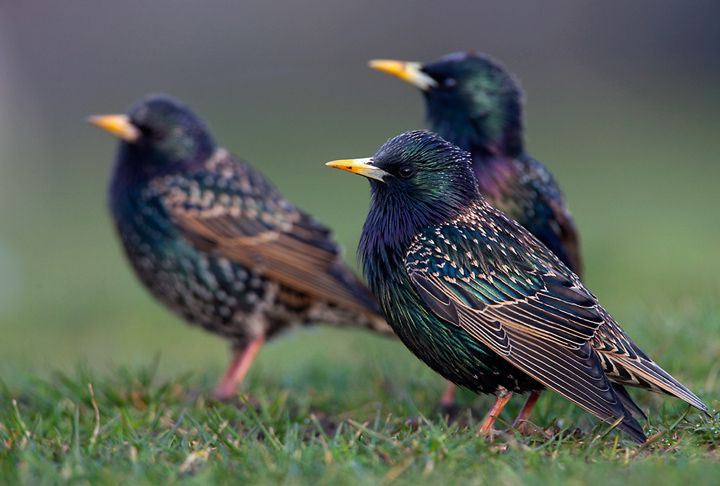It’s becoming more and more difficult for bird lovers to catch a glimpse of the starling in Denmark’s nature these days.
A new report from the national ornithological association Dansk Ornitologisk Forening (DOF) showed that 60 percent of the starlings have disappeared from Denmark over the past 40 years.
“DOF’s many volunteer bird spotters have documented this significant fall thanks to the so-called ‘point counts’, which experienced ornithologists compile every year on the same routes during the same time of year,” said Henning Heldbjerg, a biologist with DOF.
“The figures from these continuous counts on 350 routes spread across Denmark documents that the starling population has fallen by 2 percent every year over the past 40 years.”
In 1976, there were 600,000 breeding starlings in Denmark – a figure that has dropped to 270,000 this year. And the trend is not a strictly Danish phenomenon.
The starling population has fallen throughout northern and western Europe, although it is performing better in eastern Europe.
READ MORE: Eight new bird species breeding in Denmark
Landscape less diverse
Heldbjerg contended that the fall in population is a signal that the landscape is becoming less diverse.
“The fall is probably down to there being fewer open areas with grazing farm animals, and therefore less food for the starlings and their offspring,” Heldbjerg said.
“The starlings – which tend to live on daddy long-leg larvae, worms, snails and insects – can no longer find food in the grain fields.”















